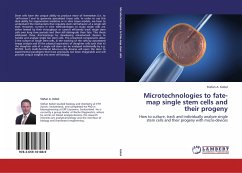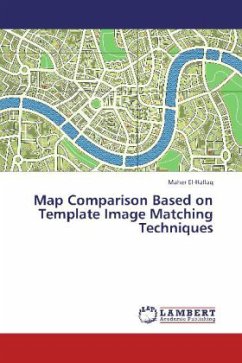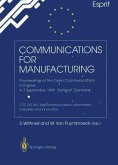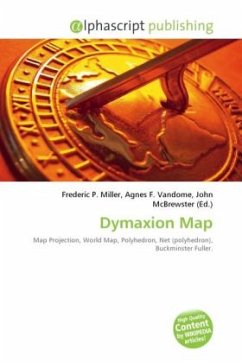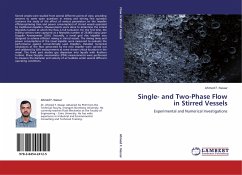Stem cells have the unique ability to produce more of themselves (i.e. to self-renew ) and to generate specialized tissue cells. In order to use this dual ability for regenerative medicine or in vitro tissue models, we have to understand the mechanisms that regulate stem cell behavior at a single cell level. However, current in vitro methodologies to study single cells are either limited by their throughput or cannot efficiently track single stem cells over long time periods and then still distinguish their fate. This thesis addressed these shortcomings by developing miniaturized devices to handle and analyze single live stem cells. The presented components allow i) the culture of single stem cells, ii) the tracking of the cells by automated image analysis and iii) the physical separation of daughter cells such that iv) the daughter cells of a single cell stem can be analyzed individually by e.g. RT-PCR. Such multi-functional lab-on-a-chip devices will open the door to experimental paradigms that have previously not been imaginable and will provide unique insights into stem cell biology.
Bitte wählen Sie Ihr Anliegen aus.
Rechnungen
Retourenschein anfordern
Bestellstatus
Storno

